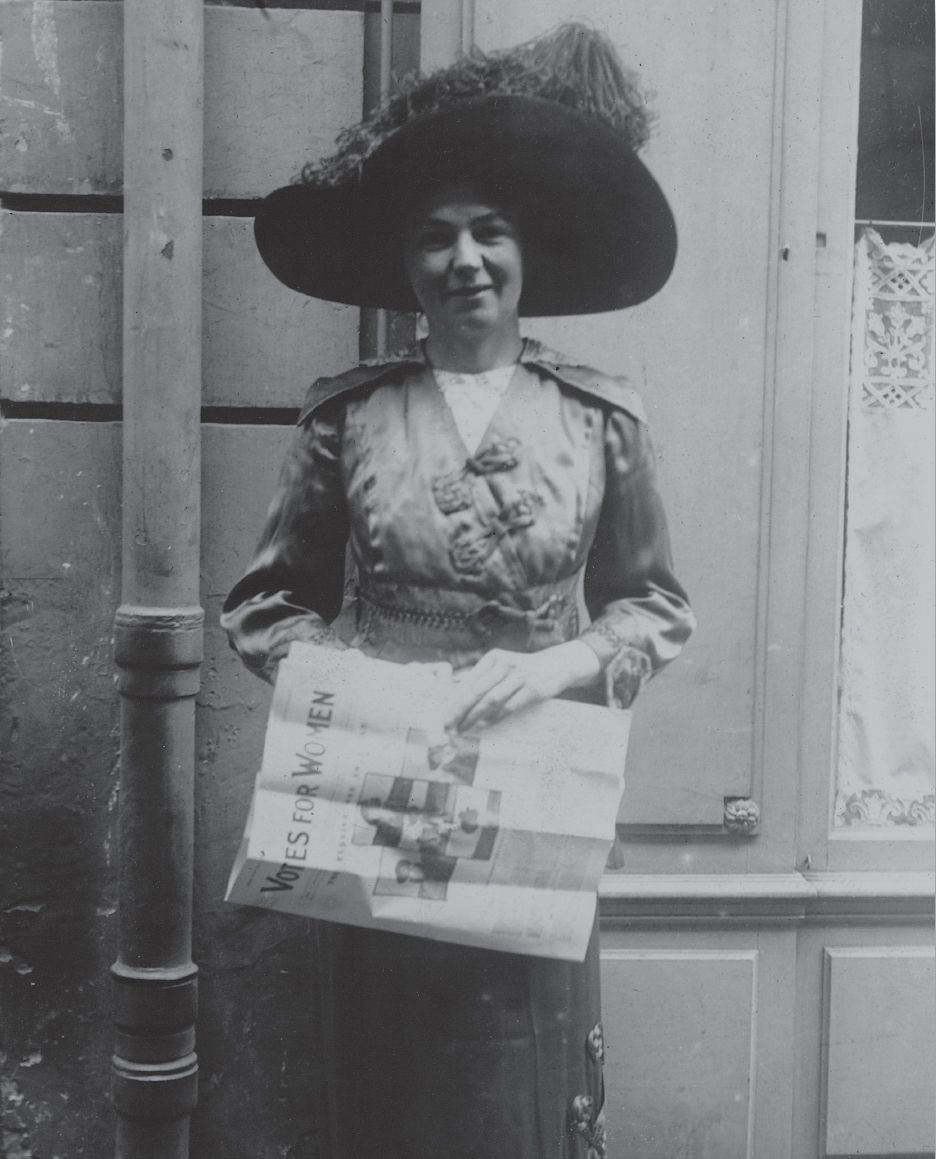A History of World Societies:
Printed Page 715
A History of World Societies Value
Edition: Printed Page 722
Introduction for Chapter 24
24
Ideologies of Change in Europe
1815–1914

The momentous transformations wrought by the political and economic revolutions of the late eighteenth and early nineteenth centuries left a legacy of unfinished hopes and dreams for many Europeans: for democracy, liberty, and equality and for higher living standards for all. These aspirations would play out with unpredictable and tumultuous consequences over the course of the nineteenth century. After 1815 the powers that defeated Napoleon united under a revived conservatism to stamp out the spread of liberal and democratic reforms. But the political and social innovations made possible by the unfinished revolutions proved difficult to contain.
In politics, powerful ideologies — liberalism, nationalism, and socialism — emerged to oppose conservatism. All played critical roles in the political and social battles of the era and the great popular upheaval that eventually swept across Europe in the revolutions of 1848. These revolutions failed, however, and gave way to more sober — and more successful — nation building in the 1860s. Redrawing the political geography of central Europe and uniting first Italy and then Germany, European political leaders and middle-